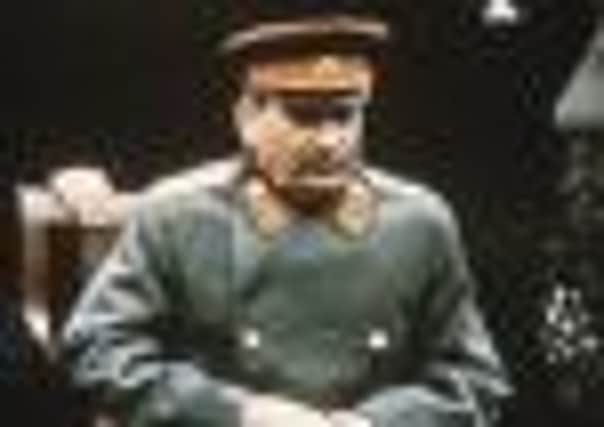Nazi uniforms a final insult for Poland’s heroes


Investigators have found that some of the bodies unearthed as part of an extensive search in Poland for the remains of hundreds of Polish soldiers killed in the immediate post-war years by the communist government were dressed in Nazi uniforms.
The communists executed hundreds, or even thousands, of Polish soldiers, including national heroes who had been at the forefront of the struggle against German occupation, on the grounds there were incompatible with the new political order or had links to the Poland’s government in exile based in London.
Advertisement
Hide AdAdvertisement
Hide AdKrzysztof Szwagrzyk, the lead investigator in the hunt for the missing, said in a deliberate attempt to strip the men of all vestiges of pride the prisoners were first tried in the uniforms of their bitter enemies and then, just before execution, ordered to put them on again.
“What you have here is a clear desire to strip these people of their remaining dignity,” Mr Szwagryk told the Polish newspaper Dziennik. “It was an awful thing to do: to dress these men, who had fought against the Germans for years, in the uniforms of their hated enemy.”
The revelation comes as investigators from Poland’s Institute of National Remembrance exhumed scores of human remains.
In particular the IPN wants to find the grave of Captain Witold Pilecki. In 1940 the Polish officer deliberately got himself arrested by the Germans and endured torture so that they he could be sent to Auschwitz in order to compile a report on the conditions at the notorious Nazi death camp. He managed to escape in 1943 and his report and testimony helped provide the first detailed accounts of what was happening to Europe’s Jews at Auschwitz.
Having survived the war Pilecki was arrested in 1947 by the secret police, tortured and found guilty in a show trial of espionage. Executed in Warsaw he was buried in an unmarked grave at a cemetery in the city.
Edmund Budelewski, the son of another Home Army soldier, said:“I still remember the day they took my father, and my mother had to endure years of the authorities calling him a ‘bandit. We knew he was dead but we were afraid we would never find his grave. I’m happyn we might find it.”